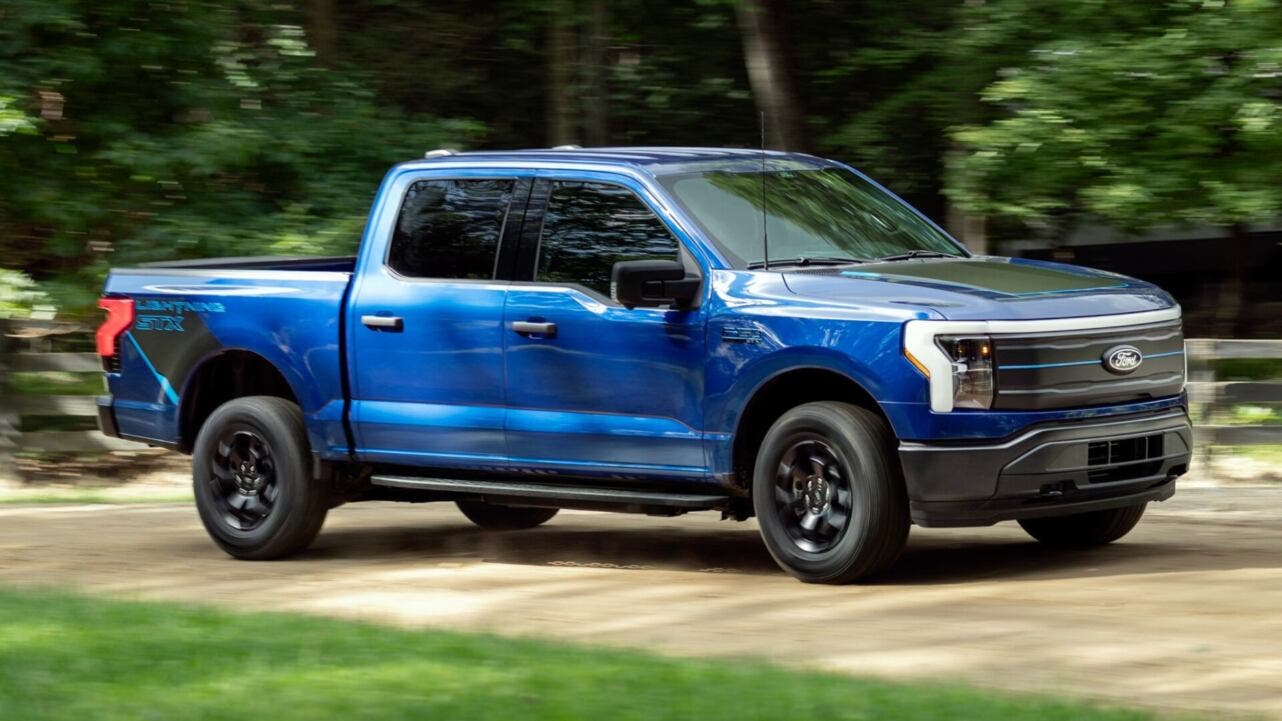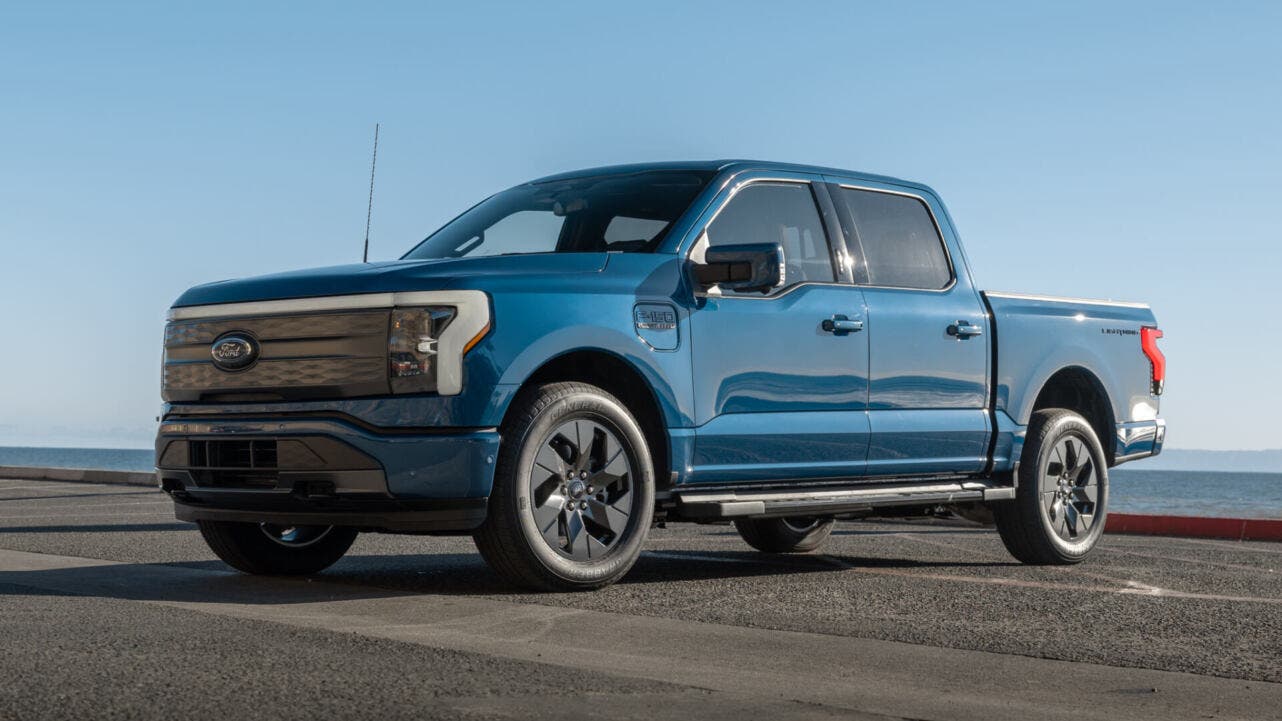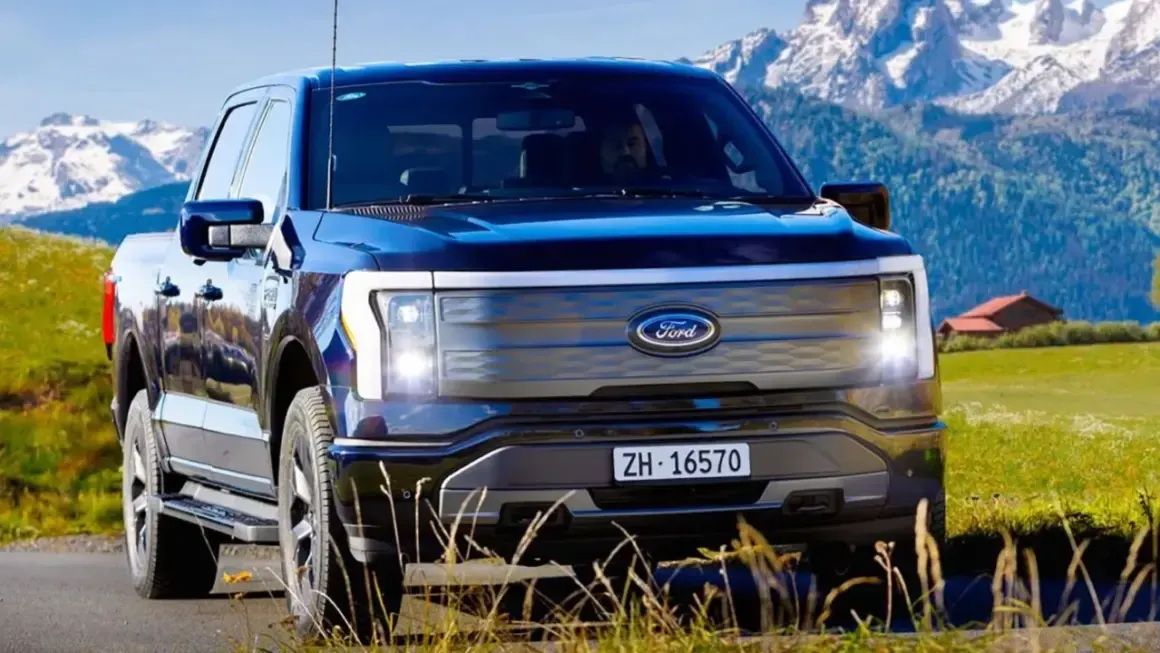The Ford F-150 Lightning might well earn a unique place in automotive history. The first American electric vehicle launched with massive brand power and huge internal investment, only to be yanked from the market before its fourth birthday. The rumor, disclosed by sources to the Wall Street Journal, suggests Ford is now actively discussing the definitive cancellation of the Lightning, a vehicle carrying the most profitable and highest-selling nameplate in America.
This is not a production “pause”. This is an automotive obituary, etched in the sudden transfer of workers from the dedicated Rouge Electric Vehicle Center back to the assembly lines churning out gas-guzzling F-150s. In Detroit, labor movement is the clearest real-time indicator of executive panic. When you pull workers off an EV line and put them back on fossil fuel duty, it’s a strategic retreat. A tacit admission that demand has collapsed faster than Ford’s EV cost curve can possibly descend.

The numbers are microscopic. Ford has hemorrhaged approximately $13 billion on EVs since 2023. In the first nine months of 2025, they sold a mere 23,000 Lightnings. While technically making it the best-selling electric pickup in the US, the title is hollow, as the entire category of large electric trucks is in freefall. Contrast this with the 600,000 combustion F-150 and Super Duty trucks Ford sells annually. As New Jersey dealers bluntly stated, “We don’t order them because we don’t sell them”.
The final nail in the coffin was the removal of the $7,500 federal EV tax credit, which instantly transitioned electric truck sales from merely weak to utterly catastrophic. Post-subsidy, only about 1,500 Lightnings moved. A terminal figure even for an EV.The tragedy is that the product was actually good.

CEO Jim Farley called it “a smartphone that can tow ten thousand pounds,” and it delivered on utility, effortlessly handling towing and acting as a home power backup. Large trucks have terrible aerodynamics and heavy frames. Electrifying this “gigantic electric brick” requires a monstrous battery pack for adequate range, which is prohibitively expensive to source and further exacerbates the weight problem. Ford lost money on every single one it built.
This is not just a Ford problem. Ram has reportedly ditched its 1500 REV EV plans. GM is having internal “termination discussions” about its own trucks. Rivian is bleeding cash. The whole full-size electric pickup project is failing. Ford’s next move is the implicit acknowledgment of the Lightning’s epitaph. It was the right vehicle in the wrong, gigantic category, launched at the wrong time.
